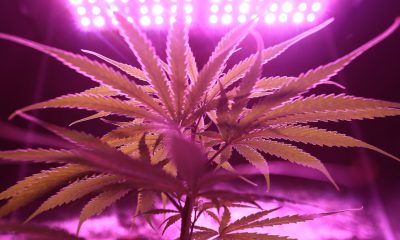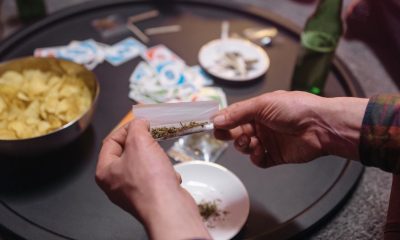Cannabis
The Bahamas Is Considering Legalizing Cannabis for Medical and Religious Purposes
The government website for these proposals states that licensees in the regulated cannabis industry will need to be Bahamian and at least 21 years of age. Companies will also be required to have a certain percentage of Bahamians on their board, depending on the type of license. For example, cannabis-growing companies will have to be 100% Bahamian-owned.
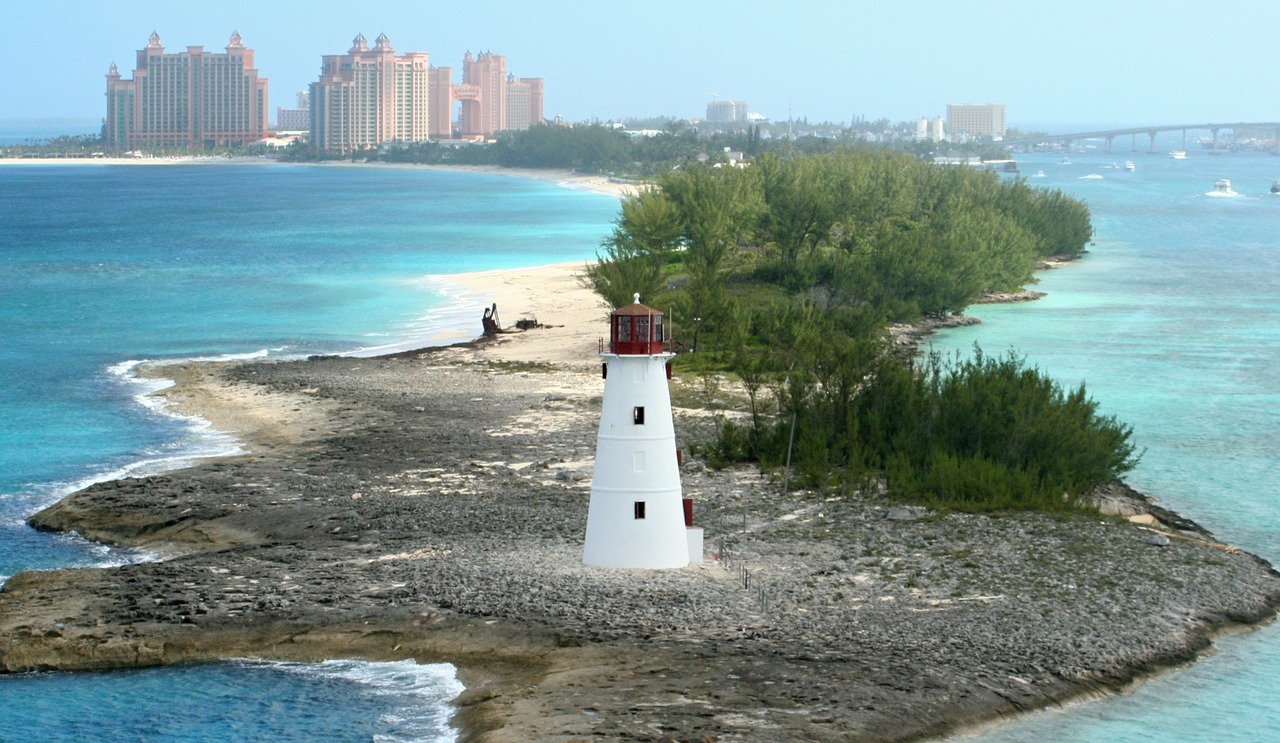
Senior officials in the Bahamas have announced a legislative package that aims to legalize cannabis for medical, religious, and research purposes. Personal possession of small amounts of the substance will also be decriminalized, and previous convictions for minor marijuana possession offenses will be erased.
The assembled bills form a local cannabis production management system and, according to the authorities, are intended to “ ensure a well-regulated, safe, and controlled cannabis industry .”
Attorney General Ryan Pinder and Health Minister Michael Darville unveiled the proposed reform bills at a weekly press conference at the Prime Minister’s Office on Thursday.
Read more on the subject and find the latest cannabis news of the day with the Hemp.im mobile app.
Pinder expressed his desire to introduce bills to the Bahamas parliament by October
“ We would like to conclude talks on this by the end of this calendar year, as it requires a lot of work in setting up the appropriate institution,” he stated. “ Training, certifications, and a digital platform for drug tracking and prescribing are needed; all of this must be completed before the license is issued .”
If the bills pass, doctors in the Bahamas will be able to prescribe cannabis for certain conditions, such as cancer, multiple sclerosis, and epilepsy.
“ Many Bahamians suffer from serious illnesses such as advanced cancer and various forms of depression that do not respond to traditional therapies and post-traumatic stress disorder,” Darville added.
The amendment will also allow the use of cannabis for religious purposes by Rastafarians, who will need to obtain special licenses.
While the reforms will not legalize cannabis, possession of up to 30 grams of the substance will be decriminalized and subject to a $250 fine instead of a criminal record. Previous convictions for minor cannabis offenses will also be erased.
The government website for these proposals states that licensees in the regulated cannabis industry will need to be Bahamian and at least 21 years of age. Companies will also be required to have a certain percentage of Bahamians on their board, depending on the type of license. For example, cannabis-growing companies will have to be 100% Bahamian-owned. Testing, production, and research licenses will require 30% Bahamian ownership.
“ We have many licenses and opportunities for Bahamians and we look forward to their participation,” said Pinder. “ We believe this will have a positive economic impact .”
In 2018, leaders of 19 Caribbean nations, including the Bahamas, Barbados, Haiti, Jamaica, and others, agreed to ” rethink the current status of marijuana in terms of its reclassification,” referring to ” human rights and religious issues ” arising from its criminalization and the “ economic benefits ” of a regulated industry.
Officials in the Bahamas said an important next step in the process is a public consultation “aimed at taking into account the views of a broad spectrum of experts and citizens from various sectors.” Some closed consultation sessions began earlier this week, Pinder said, but open public meetings are on the way.
A U.S. Department of State report in May examined the relationship between marijuana laws in different countries and how they affect religious freedom. The report identified an increase in tolerance in some countries for religious groups such as Rastas who use marijuana in ceremonies.
—
(Featured image by violetta via Pixabay)
DISCLAIMER: This article was written by a third-party contributor and does not reflect the opinion of Hemp.im, its management, staff, or its associates. Please review our disclaimer for more information.
This article may include forward-looking statements. These forward-looking statements generally are identified by the words “believe,” “project,” “estimate,” “become,” “plan,” “will,” and similar expressions. These forward-looking statements involve known and unknown risks as well as uncertainties, including those discussed in the following cautionary statements and elsewhere in this article and on this site. Although the company may believe that its expectations are based on reasonable assumptions, the actual results that the company may achieve may differ materially from any forward-looking statements, which reflect the opinions of the management of the company only as of the date hereof. Additionally, please make sure to read these important disclosures.
First published in Fakty Konopne, a third-party contributor translated and adapted the article from the original. In case of discrepancy, the original will prevail.
Although we made reasonable efforts to provide accurate translations, some parts may be incorrect. Hemp.im assumes no responsibility for errors, omissions or ambiguities in the translations provided on this website. Any person or entity relying on translated content does so at their own risk. Hemp.im is not responsible for losses caused by such reliance on the accuracy or reliability of translated information. If you wish to report an error or inaccuracy in the translation, we encourage you to contact us.

-
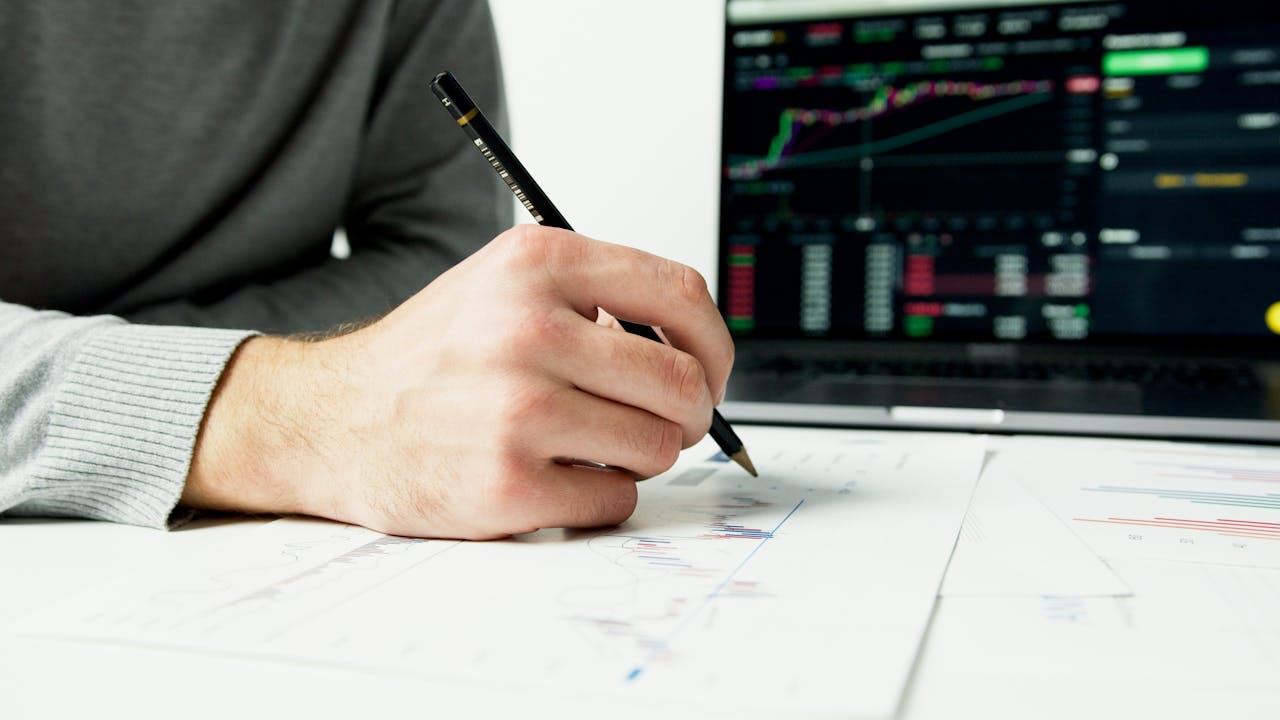
 Cannabis1 week ago
Cannabis1 week agoAurora Cannabis Beats Expectations but Faces Short-Term Challenges
-

 Crowdfunding5 days ago
Crowdfunding5 days agoSavwa Wins Global Design Awards and Launches Water-Saving Carafe on Kickstarter
-
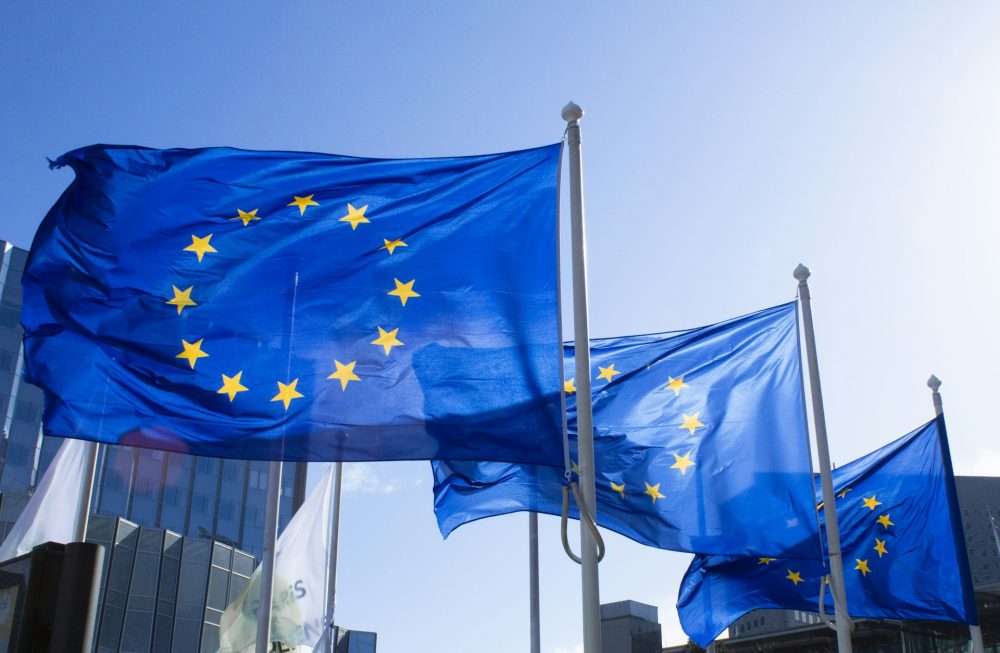
 Biotech2 weeks ago
Biotech2 weeks agoAsebio 2024: Driving Biotechnology as a Pillar of Spain and Europe’s Strategic Future
-

 Business12 hours ago
Business12 hours agoDow Jones Nears New High as Historic Signals Flash Caution
